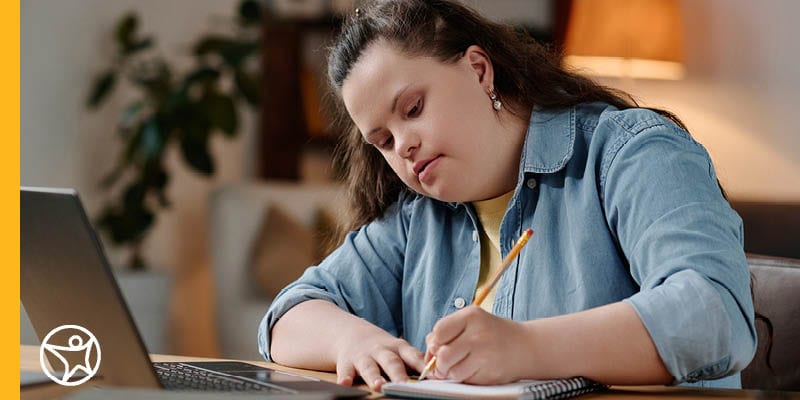Tips for Being a Gifted Child’s Learning Coach
byElizabeth Preston
5 min to read
Some children’s academic skills and intellects are beyond their years. These children are often labeled as “gifted children” and, according to the National Association for Gifted Children, these students have “gifts and talents [to] perform—or have the capability to perform—at higher levels compared to others of the same age, experience, and environment in one or more domains.” These students often need additional support and modifications to their education in order to thrive in school.
But what is the role of a teacher for a gifted child, and how can parents teach a gifted child at home? Here are some ways to identify your child’s talents and support your gifted student as well as some gifted child teaching strategies.
How to Identify Your Child’s Academic Gifts
The first step in supporting and teaching a gifted child is to identify in what areas they are academically gifted. Students can be gifted in one specific area, or they can be gifted to varying degrees in different subjects. Either way, part of identifying your child’s gifts and teaching a gifted child is conducting objective and subjective testing that measures the student’s talents and performance as individuals and as compared to their peers. Such a comparison helps to demonstrate what is considered “gifted” for a student’s age.
Objective Testing
Objective testing usually begins after the age of six, and can include:
Intelligence quotient (IQ) tests
the SAT or ACT exams
the PSAT test
the Wechsler Intelligence Scale for Children (WISC)
a Test of Mathematical Abilities for Gifted Students
a Screening Assessment for Gifted Elementary Students (SAGES)
area-specific tests (such as language arts or math)
It should be noted, however, that these tests may not accurately evaluate those whose first language is not English and those with learning disabilities, such as dyslexia. So objective testing should be used in conjunction with subjective testing.
Subjective Testing and Observation
Most subjective testing involves observing your child and looking for markers of them being a gifted student. Some characteristics include:
Exceptional talent
Insatiable curiosity marked by asking numerous questions
Desire to explore issues in surprising depth and with a sharp focus
Extreme mental quickness and ability to absorb knowledge
Prodigious emotional maturity
Ability to self-teach new skills
Unexpected quirkiness, imagination, and/or sense of humor
In addition to these characteristics, some gifted students may submit work that seems above their grade level. However, parents should be aware that gifted students may also become bored with curriculum, and this boredom may manifest as not paying attention in class, turning in work that is not reflective of their intellectual abilities, and becoming reluctant learners.
In addition to looking for the above characteristics, the National Association for Gifted Children suggests that parents and instructors work collaboratively to conduct interviews with the child and construct portfolios of the student’s work to determine if the child demonstrates giftedness.
Gifted Child Teaching Strategies
The role of a teacher for a gifted child is to enable the child to learn at their own, individual pace, through learning opportunities and resources Additionally, there are several teaching strategies that can also be done outside of the classroom to support their gifted students. Some of these are:
Provide resources for activities that speak to the student’s interests
Permit self-direction and enable the student to take responsibility for their learning
Give the student enrichment activities that stimulate their cognitive abilities
Set individualized goals and deadlines to encourage motivation and avoid burnout
Focus on your student’s strengths
Avoid punishing and demotivating by assigning too much extra work if your student completes their work early
Provide the student with appropriate social opportunities
How to Support Your Gifted Child
Part of supporting your gifted child is helping them register for classes that will help them to learn at their accelerated pace. This may mean that students skip a grade (either altogether or for just a specific subject), take honors classes, take online Advanced Placement® (AP®*) classes, try dual enrollment, enroll in schools that are specifically for gifted students, or enroll in an online school like Connections Academy that could be particularly useful for children who may not otherwise have access to resources for gifted students.
Connections Academy can provide students and Learning Coaches with the resources they need to accommodate a student’s gifts and/or disabilities. You can learn more about Connections Academy by requesting our free eGuide or exploring more articles about supporting your student’s education on our Resource Hub.
*AP® and Advanced Placement® are registered trademarks of the College Board. Used with permission.



